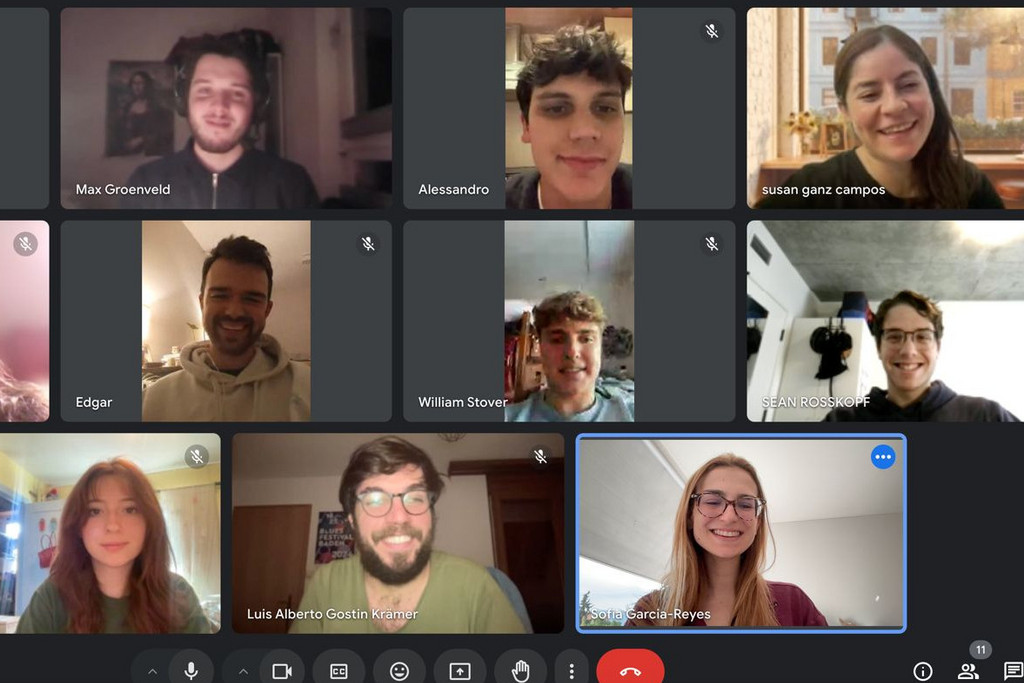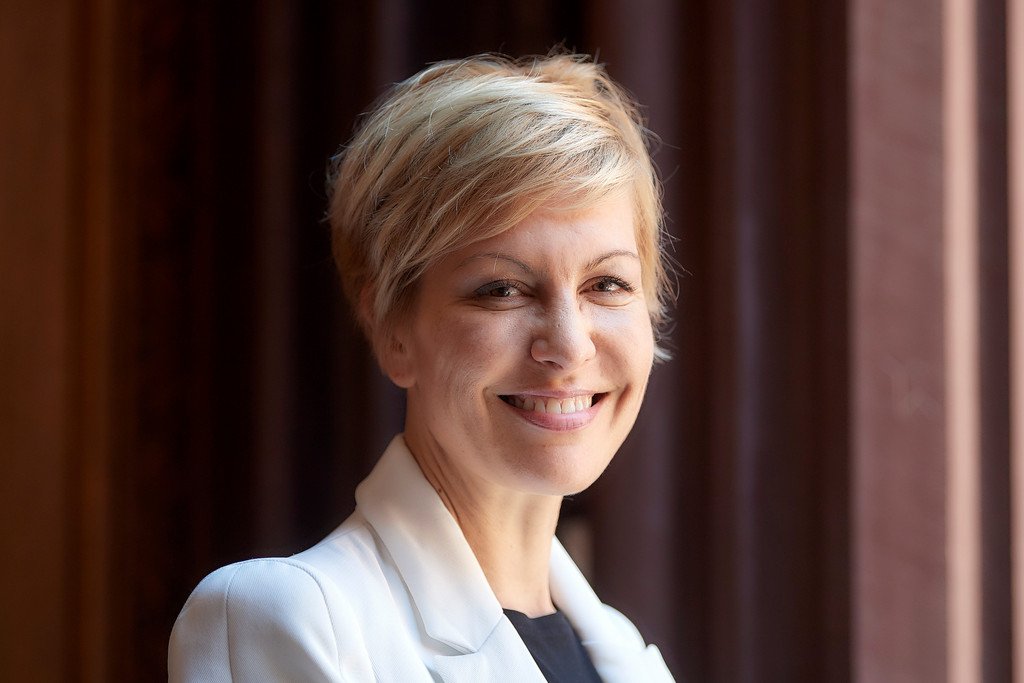The groundwork for a Swiss Holocaust memorial has been laid. Do any past highlights that you remember pale in comparison?
My 20 years in the OSA have been full of memorable moments. In particular, all the personal encounters that I have had with Swiss Abroad. I was also lucky enough that the start of my presidential term coincided with the OSA’s 100th-anniversary celebrations.
A spectacular way to start.
This was followed by other spectacular moments, such as the Swiss Abroad Day at the 2019 “Fête des Vignerons” (winegrowers’ festival) in Vevey. Even the pandemic was remarkable in a completely different way. I thought it was incredible how swiftly we were able to switch to entirely new forms of communication.
If memorable moments shape our view of the past, then the future is all about the challenges that lie ahead. For example, the framework agreement with the EU is dead.
Switzerland walking away from the negotiations raises many questions regarding the future of things such as international mobility, freedom of establishment, freedom of movement, health insurance, and social security. There is now a great deal of uncertainty.
We are conducting this interview in Basel. If you looked around you would not notice any difference here.
A city like Basel would be unable to function without all the cross-border commuters who prop up our health system and practically every sector of the economy. You would certainly notice the difference eventually. That deep connection with Europe is now being called into question. The abandonment of negotiations means that we have anything but clarity. It raises questions, not least because nobody bothered to think of the over 400,000 Swiss who live in the EU.
You were already critical of Switzerland’s EU policy when you were National Councillor – and you still are now.
Key questions have shaped Swiss foreign policy for as long as I can remember. What do we want? And who is responsible? Parliament’s right to have a say is enshrined in the Constitution. As is the people’s right to have the final word and call referendums where appropriate. But now the Federal Council has acted unilaterally. This strikes at the heart of our democracy.
Regarding the framework agreement, the Federal Council has acted unilaterally. This strikes at the heart of our democracy.
Remo Gysin
OSA President
Does this make you want to campaign again in favour of Switzerland joining the EU?
Let me put it this way: the Federal Council’s decision to pull out of the talks has put the possibility of EU membership into sharper focus again.
It would be interesting to hear the Swiss Abroad speak out on such key matters. But critics say that the voice of the Council of the Swiss Abroad (CSA) is nothing more than a whisper.
The OSA has good political connections nowadays. Our influence has increased. We liaise closely with parliamentarians and the relevant authorities. The CSA also represents the “Fifth Switzerland” much more effectively than before. But I have to admit that we are still a long way from where we want to be. If the CSA wants to increase its political clout, it needs to have greater legitimacy. We must therefore ensure that all Swiss adults living abroad are able to participate in the CSA elections in future. That is also how I believe democracy should work.
The plan is for e-voting to come into full use for the first time at the 2025 CSA elections. Would that be a milestone?
E-voting makes everything easier. That applies to federal and cantonal elections and popular votes. But having our own e-voting system is also crucial to conducting the CSA elections. And if we want a higher turnout, it is basically up to us to make it happen. Take Australia, Mexico and the UK, for example, where expatriates on the ground have ensured that as many Swiss as possible can vote. This is what we want to see.
Are there any hot potatoes awaiting your successor?
Just the usual issues. Many in the “Fifth Switzerland” are unable to exercise their political rights as Swiss citizens; the banks continue to be a thorn in our side; and the political squeeze on the Swiss Abroad shows no sign of abating here in Switzerland.
In other words, there is increasing clamour within parliament to restrict the civil rights of the Swiss Abroad.
Precisely. But if they want to renegotiate these civil rights, let us choose a completely different direction. Why don’t we create a dedicated constituency for the “Fifth Switzerland”? This would provide the Swiss Abroad firstly with better representation and, secondly, with much greater exposure. However, the main thing to be aware of is that the nature of mobility has changed. People tend to stay abroad for shorter periods of time. They come and they go. This is a strong argument against restricting the political voice of Swiss who live abroad. At the end of the day, our politically interested compatriots abroad contribute greatly to Switzerland’s image as an open, interconnected, sustainable, outward-looking country.
What would Switzerland be like without the “Fifth Switzerland”?
Only half of what it is.
Remo Gysin, born in 1945, was an SP politician for many years and has been a member of the OSA Executive Committee since 2001. He became the OSA President in 2015 and will be stepping down from office at the end of August 2021.







![[Translate to English:]](/fileadmin/_processed_/c/2/csm_online_Revue_2502_SC-Webinar_a26f678026.jpg)




Comments